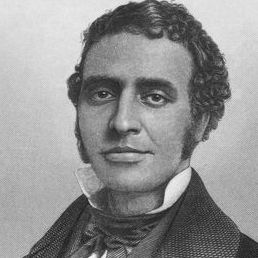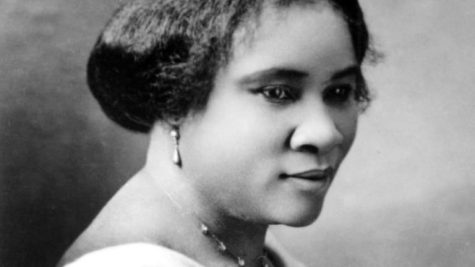Mississippi’s House bill 1020
April 3, 2023
The Mississippi state house has passed House Bill 1020, which would part the city of Jackson, Mississippi, and allegedly separate 80 percent of the white citizens in the predominantly black city and create a separate court system. The police force for the separated area will be controlled by that state and the judges will be appointed by the state’s chief justice, who happens to be a white conservative. Opposers are very suspicious of this bill allegedly being “racially motivated,” or a “modern Jim Crow law,” as this bill takes away the voting rights of the citizens in the city. The motive is said to be a method to combat “rising crime” in the area instead of racial discrimination. The city of Jackson, Mississippi had the highest homicide rate of any major U.S. city in 2022. However, it is alleged by opposers that the area in which the bill is supposed the place the new jurisdiction and police force is already at a lower crime rate than anywhere else in the city. If the actual goal is to reduce crime, why not go to the areas with more of a problem? Why do they “coincidentally” happen to cover the areas with the lowest African-American population despite the entire city having more African Americans? There are many questions and concerns regarding this bill.
In my opinion, this bill is very questionable. The goal does not seem to be in the best interest of all of the citizens in the city. Why is there a sudden need for the justice system to decide on the judges instead of the people? Don’t the citizens represent a bigger picture? Shouldn’t all citizens have the right to choose who controls their freedom? The location that the bill affects is also suspect. If the point of the bill is to reduce crime and further the safety of the people residing there, then where is the concern for safety? What is the real motive of this bill? This raises many suspicions of a deeper motive and reasonably so. There have been several laws being passed that allegedly reverse the progress that minorities have made in history and society. With that being said, the bill seems to be trying to do the same thing in the midst of all of the new changes that seem to reverse human rights. It can seem insignificant now, but there are likely to be more extreme changes made in the near future if the state is able to get away with this “small” change.










